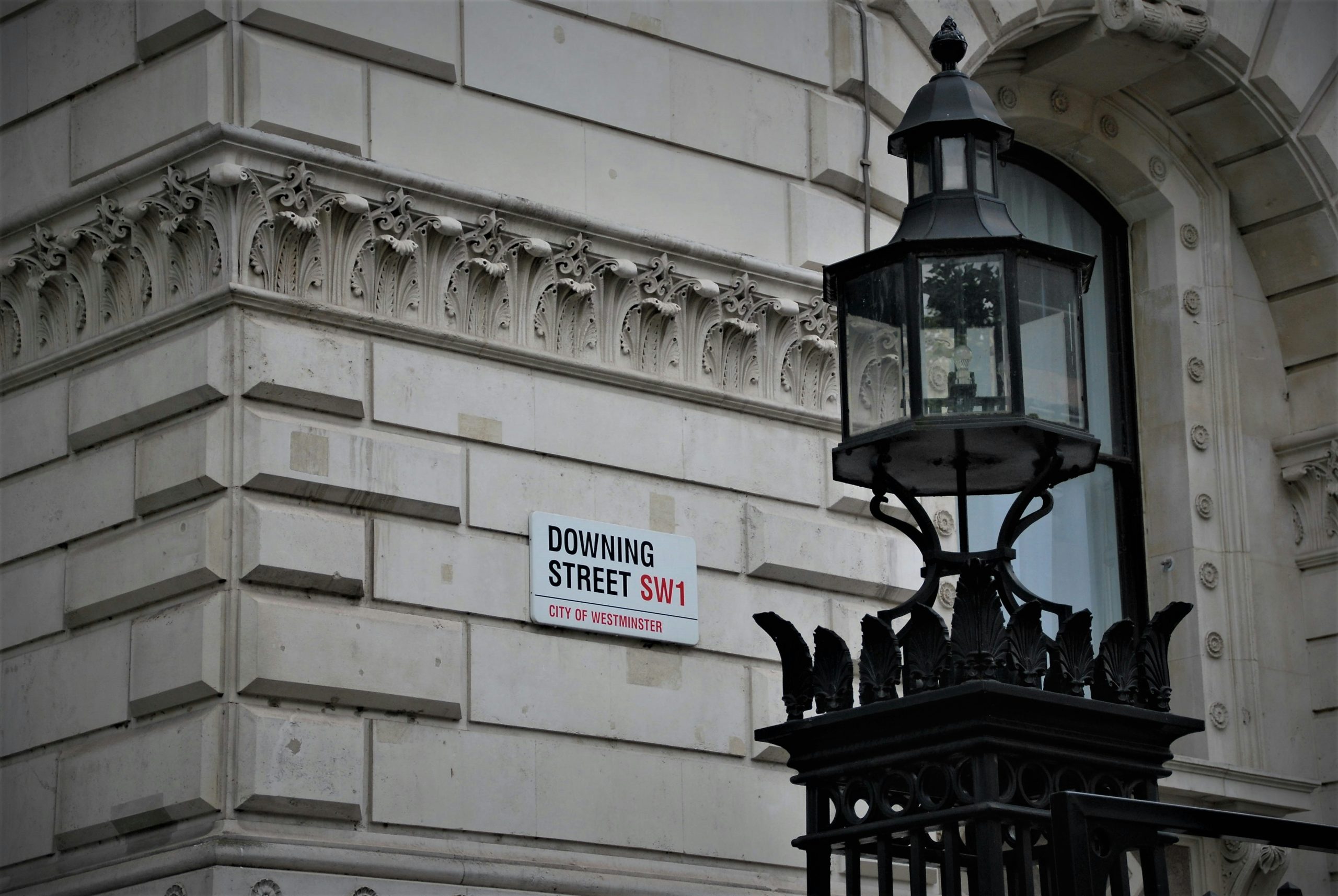Since the General Election in July, we have seen the beginning of a new political era. After 14 years of the Conservatives, we now have a Labour government, who ran their election campaign on one major factor – change. We all understand how challenging it is, post-COVID and post-Brexit, to invest and spend, but we are seeing a new era of hope with pledges to spur economic growth amongst the population.
So, what does this mean for the commercial property sector?
The commercial property sector has been particularly affected by some of the challenges that have faced the country in general. It is often impacted by other issues that are going on at the time, as well as general trends. This can range from the NET zero pledges to Brexit, to changes in people’s relationship with their workplace.
It goes without saying that a booming economy and economic growth are always positive for businesses – and, consequently, commercial units.
The new government has outlined a few areas where they are looking to make changes that could affect the commercial unit market, and in this article, we are going to look at these areas and discuss the impact that these changes could have.
Sustainability and Green Issues
Labour has pledged to step up the move towards a greener economy and the NET zero goal. This is likely to mean more pressure and incentives for businesses to conform with energy efficiency standards and environmental impact reduction. The previously (somewhat confusing) standards in relation to EPC ratings are likely to be clarified, and it is possible that commercial unit owners and tenants will need to make more drastic changes to improve the commercial unit’s green credentials.
Whether this is through EPCs in their current form, or something new is yet to be seen.
The formation of the new clean energy investment company – Great British Energy is expected to give the local and national economy a boost and (hopefully) keep the cost of energy as low as possible for businesses and domestic customers in the UK – as well as creating the need for industrial units for technological development and manufacturing.
There are also signs that the new government is hoping to attract businesses from around the world who are pushing their green credentials and looking to work towards a greener economy.
Business Rates Review
Another one of Labour’s pledges is to look at business rates across the country. The pledge states that they are looking to make them fairer and reflect the conditions of the market in which the business is set. One of the priorities is likely to be an attempt to close the gap between high street and online retail.
This should have a positive impact on the commercial unit market. It could lead to reduced costs for commercial unit landlords, especially those who are looking to rent their commercial unit to industries that are not as lucrative. Likewise, this is likely to be beneficial to businesses that are struggling to find an affordable commercial property to rent.
Small and Medium-Sized Enterprises
Small and medium-sized enterprises (SMEs) can often be forgotten in the business world. In fact, many commercial unit owners – and, indeed, tenants, are SMEs. The new government has pledged to look to try and support these businesses more, potentially meaning that things will be a little easier for them and enabling the possibility of more small businesses renting commercial units and boosting the commercial property market.
Planning Reforms
One of the Labour Party’s main pledges is to install planning reforms to enable more building to be done. Whilst the headlines have been in the amount of housing that they are planning on building, behind the headlines are the planning reforms that are needed to build other properties.
Along with the building of large amounts of residential property, there will, of course, be a need for infrastructure such as healthcare, schools, and shops. The changes in planning should also cover this commercial units. In addition to this, the push towards a greener country means that there will need to be more laboratories, factories, and green facilities.
There is also the potential, with this policy, that commercial unit owners will be given more flexibility over improvements, refurbishments, and alterations of their units. This can give more opportunities to attract the best tenants in the commercial unit market.
Stability
Another strain that we have seen running through the Labour Party manifesto – and pledges since they won the election – is the need for stability. The UK has had a turbulent few years, and it appears that the new government is looking to focus on stabilising the country. Stability is good for businesses – both in terms of British businesses, as well as for attracting foreign investment.
If the government can manage this, it can give a good base for the commercial unit market to build on.
Logistics
Whilst there are not any policies that directly relate to the logistics sector, there are several that could have an impact. Investment in ports, for example, is a strong one, as well as investment in roads and railways. This, along with forging stronger trading ties with Europe, should hopefully help the logistics sector stay healthy and prosperous.
Final Thoughts
There are a few different threads that are running through the changes that the new government is looking to make in the UK. Creating a stable country with a growing economy is the key, changing planning regulations to enable more building, and harnessing the potential from the investments that they are looking to make, are some of these.
For those who want to rent a commercial unit, or for commercial unit landlords, there is genuinely space for these changes to be positive.
If you have a commercial unit that you are hoping to list – or are looking to find a space for your fledgling (and growing) business, take a look at what we have here at Boxpod.

